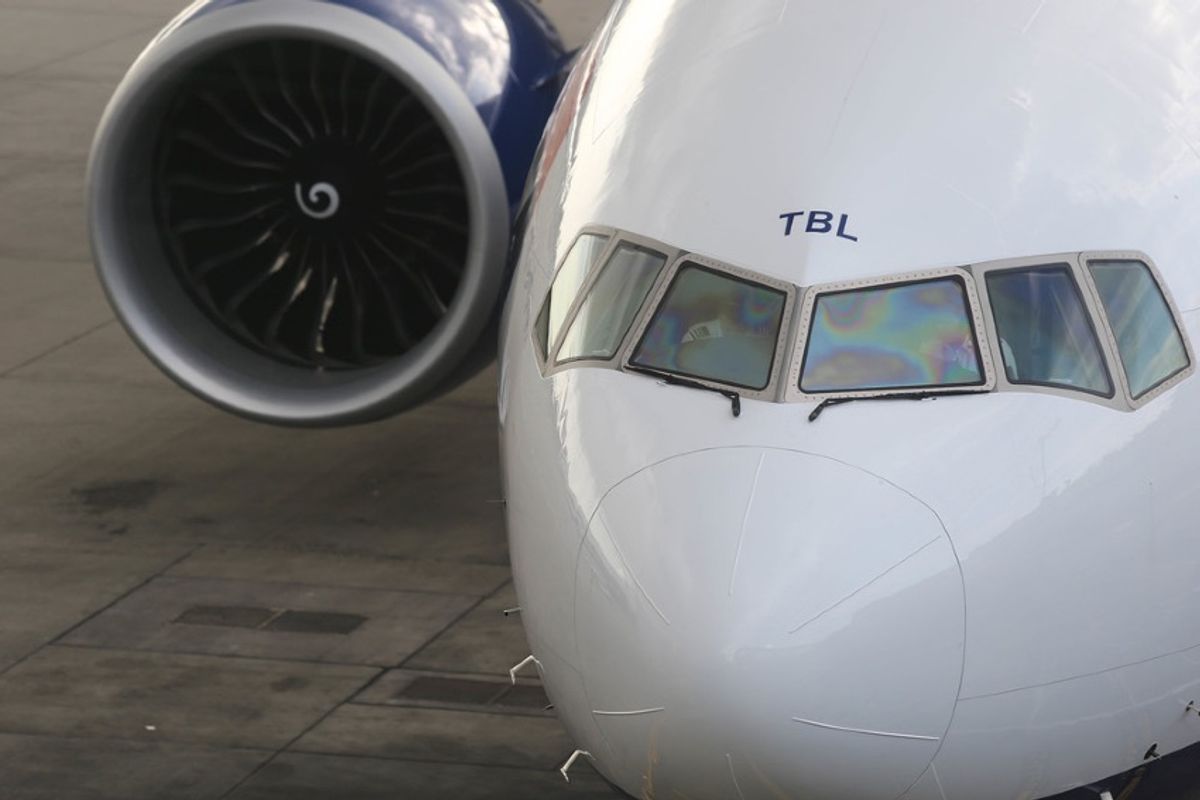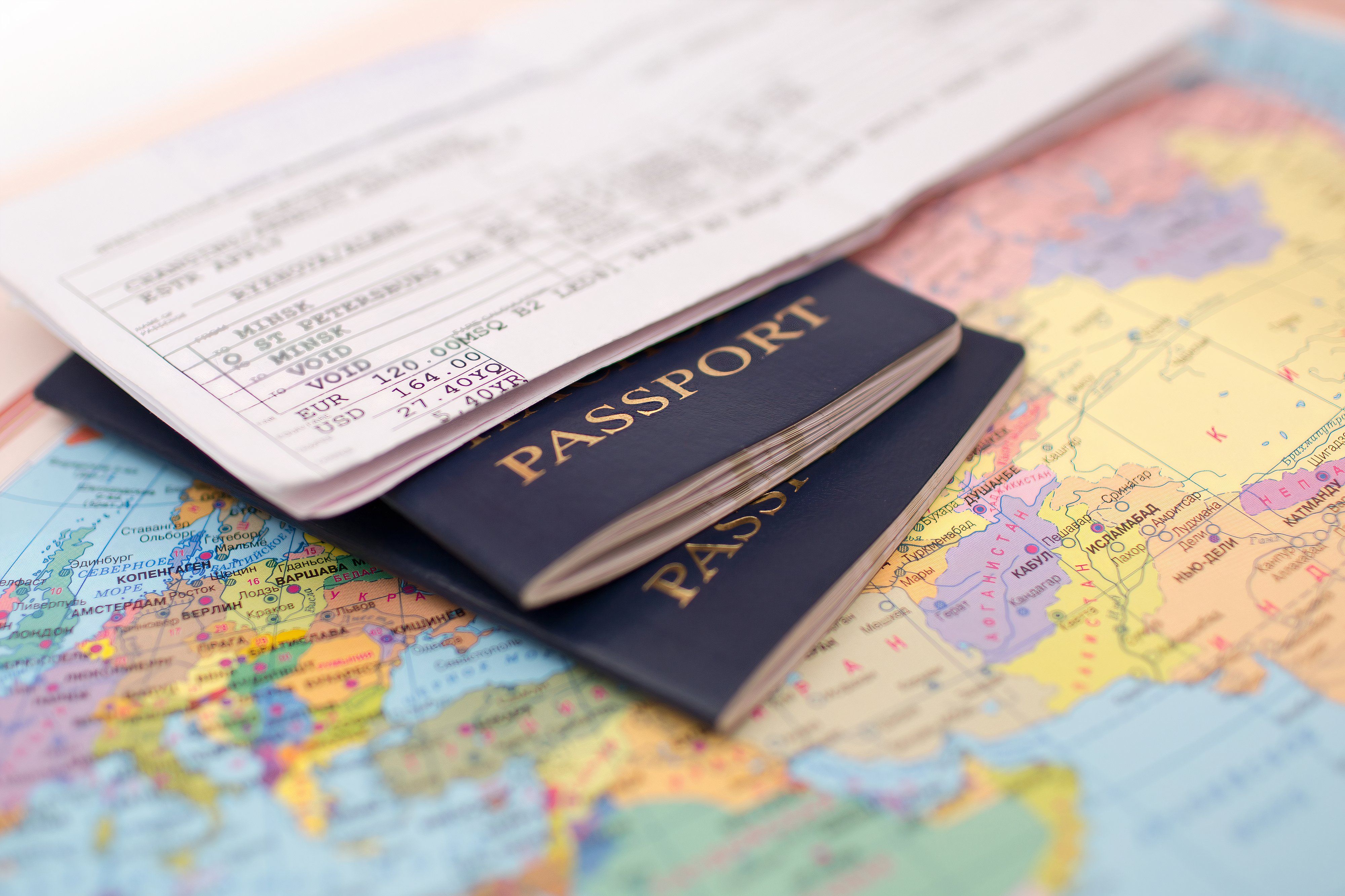Travel
Alternative aviation fuel supply ‘disappointingly slow’ – IATA

The production of alternative aviation fuel has seen “disappointingly slow” growth in 2024, according to the latest analysis from airline organisation IATA.
The association said that production of what the industry calls “sustainable” aviation fuel (SAF) will reach 1 million tonnes during 2024. While this is double the amount manufactured in 2023, the fuel still only accounts for 0.3 per cent of total global jet fuel production.
IATA added that 2024’s output was “significantly below” previous estimates that 1.5 million tonnes of the alternative fuel would be delivered in 2024. It said that key SAF production sites in the US have “pushed back their production ramp up to the first half of 2025”.
Looking forward to 2025, IATA said that production of the fuel was currently expected to reach 2.1 million tonnes, which would still only represent 0.7 per cent of total jet fuel production.
Willie Walsh, IATA’s director general, said: “SAF volumes are increasing, but disappointingly slowly. Governments are sending mixed signals to oil companies which continue to receive subsidies for their exploration and production of fossil oil and gas.
“Make no mistake that airlines are eager to buy SAF and there is money to be made by investors and companies who see the long-term future of decarbonisation.
“Governments can accelerate progress by winding down fossil fuel production subsidies and replacing them with strategic production incentives and clear policies supporting a future built on renewable energies, including SAF.”
Using alternative aviation fuels is the most important element in the airline industry’s plan to achieve net zero emissions by 2050. But IATA estimates that between 3,000 to 6,500 new fuel production sites will be needed globally to achieve the necessary level of production.
Next year will also see the introduction of alternative fuel mandates by both the EU and the UK government, which require that a minimum of 2 per cent of all aviation fuel used at airports must be classified as “sustainable” fuel.
Read more about the issues around alternative aviation fuels in BTN Europe’s Navigating towards net zero report.










